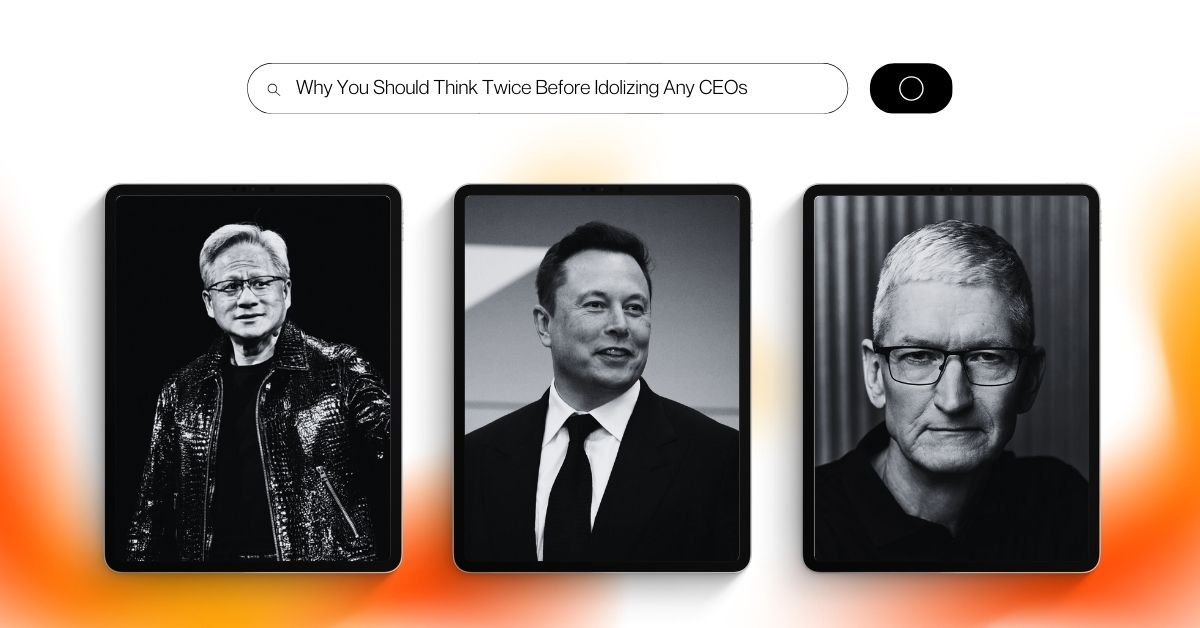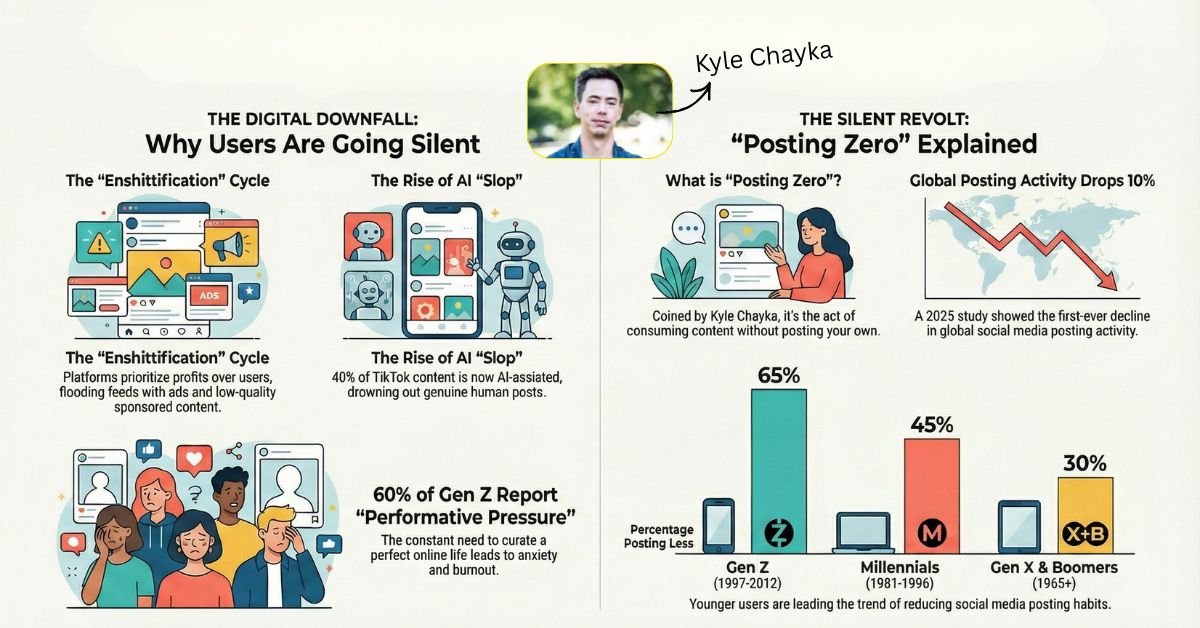Table Of Contents
So, your kid just asked you about politics.
Maybe it was sparked by election season, or perhaps they noticed some heated debates on the news.
Whatever the case, your little one is now curious about the political world. Congratulations, you have just unlocked a new parenting level!
However, do not worry; explaining politics to kids does not have to be a nerve-wracking experience.
It can be fun, engaging, and an excellent opportunity to help them become informed citizens.
Let us explore how you can break down the complex world of politics into bite-sized pieces that your child can easily digest—and maybe even enjoy.
Adjust Your Approach Based On Age: Keep It Kid Friendly
Talking to a 6-year-old about universal healthcare is like explaining quantum physics to a puppy—it will not work.
The key here is to tailor your approach based on your child’s age and level of curiosity.
Younger kids need the basics: what voting is, why it matters, and a simple explanation of who is who in the political zoo.
You can dig deeper for older kids, especially those entering their teenage years.
They might be ready to discuss more complex issues, like why people have different opinions on taxes or climate change.
However, remember, even with older kids, keep it relatable and avoid getting lost in the political jargon.
Pro Tip: If your kid’s eyes glaze over, you have gone too far. Reel it back in and stick to the basics. Remember, less is more—especially when it comes to politics.
Metaphors Are Your Best Friend: Turn Politics Into A Playground
Politics is full of big words and abstract ideas, but you can make it more accessible using metaphors your child can relate to.
Imagine trying to explain politics like you are telling a story about their favorite playground games:
- Boys vs. Girls: “You know how the boys and girls sometimes disagree on what game to play at recess? That is kind of like how different political parties have different ideas about how to run the country. They both want to have fun but have different ways of going about it.”
- Sports Teams: “Think of the Republicans and Democrats like two sports teams. They both want to win the championship, but they have different strategies for playing the game.”
- Two Principals: “Imagine there are two principals at your school. One wants to add more recess time, while the other thinks you should spend more time in class. They both have good ideas, but must figure out what is best for everyone.”
These metaphors help make politics relatable and easier to understand.
Plus, it turns a potentially dull subject into something that feels more like a game.
Keep It Neutral: No Scary Stories Allowed
This opportunity to share your views is tempting, especially if you feel strongly about specific issues.
However, remember that your child is still forming their own opinions.
It is essential to present the information neutrally so they do not feel pressured to take sides or become fearful of one political party over another.
Explain that politics is all about different ideas for improving the country.
Emphasize that it is okay for people to disagree and that listening to different points of view is essential.
Pro Tip: Make politics sound like an exciting adventure, not a battle of good vs. evil. Frame it as a way to make a difference in the world, and your child will be more likely to see it as something positive and engaging.
Honesty Is The Best Policy: Answer Their Questions (Without The Drama)
Kids are naturally curious, and they are likely to ask many questions.
That is a good thing!
Be honest in your answers when they do, but avoid getting too deep into the weeds.
If your child asks, “What do Democrats and Republicans do?” you might say, “They both work to make laws and run the country, but they have different ideas about how to do that.”
Avoid using biased or loaded language that could sway your child’s thinking.
Instead, please focus on the facts and let them conclude as they grow and learn more.
Be Prepared For The Big Question: “Who Do You Support?”
At some point, your child might ask you which political party you support or what you believe.
This can be tricky because you want to be honest while encouraging them to think for themselves.
You might say, “I support this party because I agree with their ideas on certain things, but it is important for everyone to make their own decisions about what they believe.”
If you want to keep it neutral, you can explain that you sometimes agree with both sides, depending on the issue.
The goal is to model thoughtful, open-minded engagement with politics.
Pro Tip: Use this as an opportunity to teach your child that it is okay to have mixed opinions and that it is important to respect others’ beliefs, even if they differ from yours.
Foster Their Political Curiosity: Make Politics Fun And Engaging
Politics does not have to be a dry or stressful topic.
By encouraging your child’s curiosity in engaging ways, you can make it fun and exciting.
- Visit Historical Sites: Take your child to a local government building or museum. Seeing where decisions are made or learning about historical events can make politics come alive for them.
- Watch Debates Together: If your child shows interest, invite them to watch a political debate or election coverage with you. It is a great way to explain what is happening in real time.
- Read Together: Plenty of books aimed at young readers explain politics fun and engagingly. Check out your local library or bookstore for age-appropriate options.
Pro Tip: Keep the conversation going by regularly discussing current events in a way that’s appropriate for your child’s age. This will help them stay informed and engaged as they grow.
Wrapping It Up: Politics For Kids – A Journey, Not A Destination
Talking to your child about politics might seem daunting at first, but with the right approach, it can be a rewarding experience for both of you.
By keeping the conversation age-appropriate, using metaphors, and staying neutral, you can help your child understand the basics of our political system without overwhelming them.
Remember, the goal is to foster curiosity and encourage your child to think critically about the world around them.
Who knows?
You might be raising a future voter—or even a future leader!






